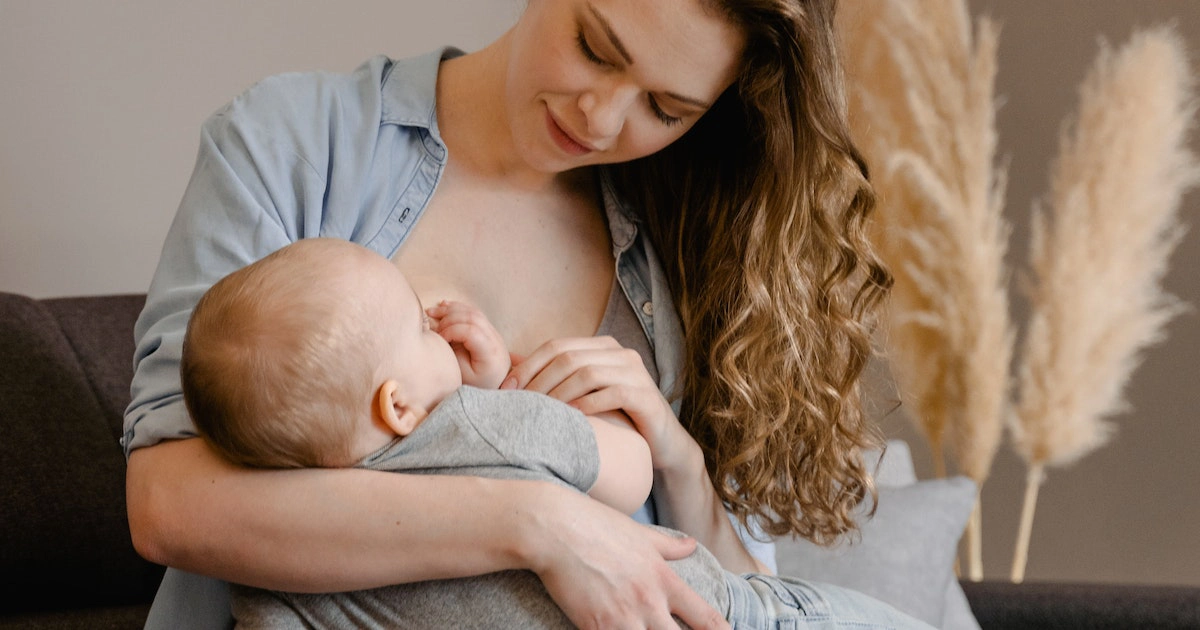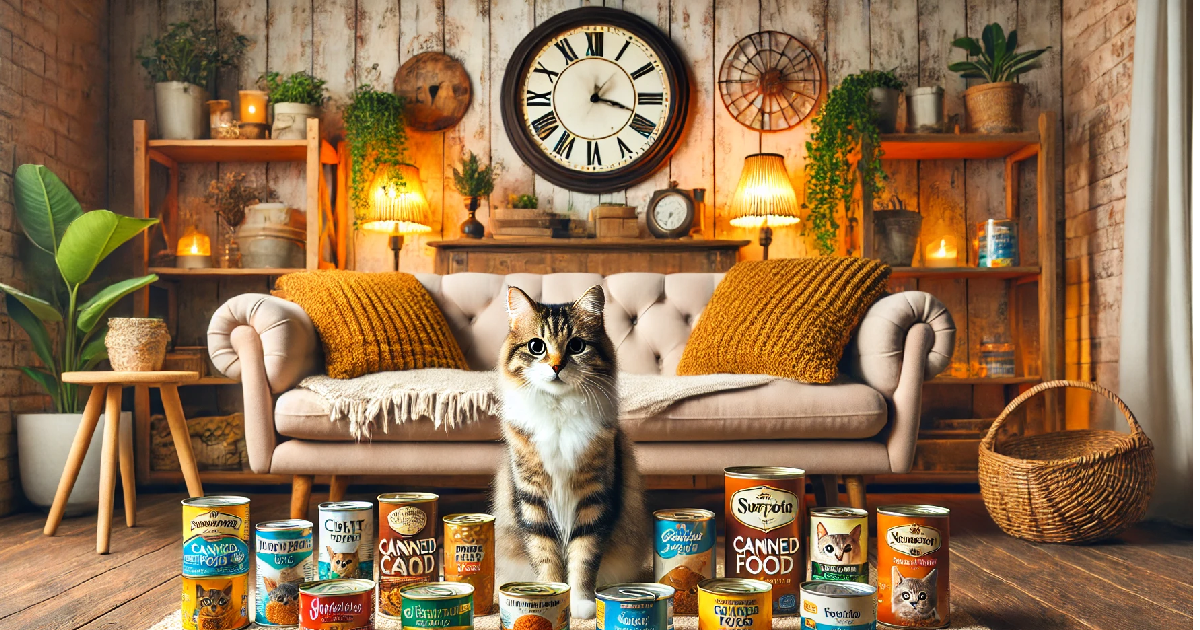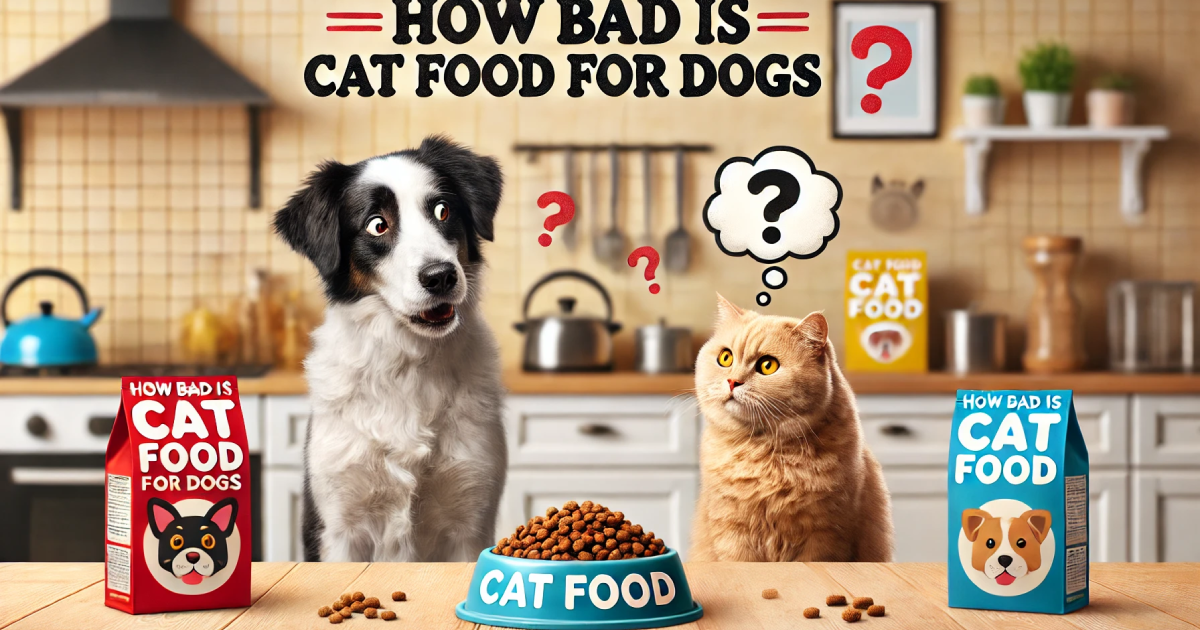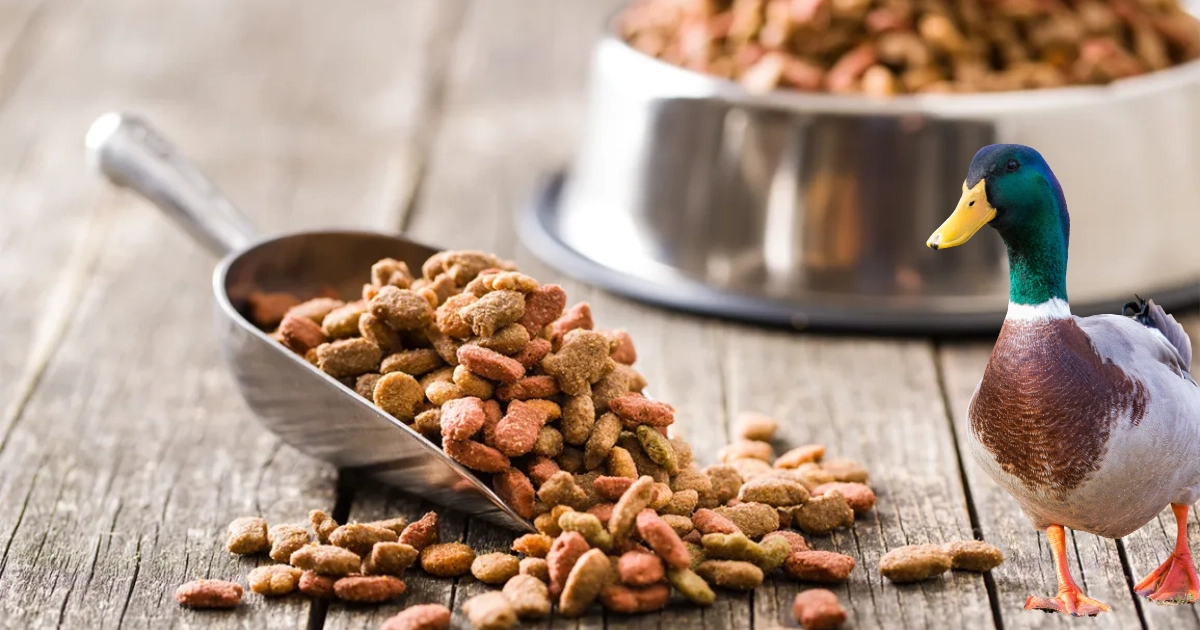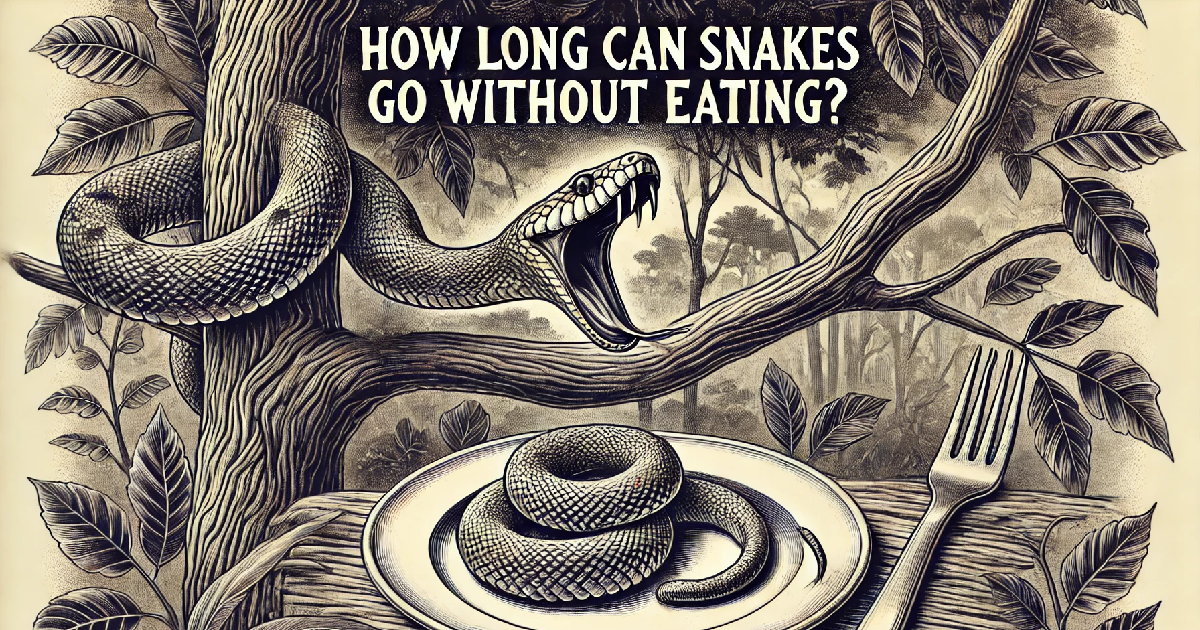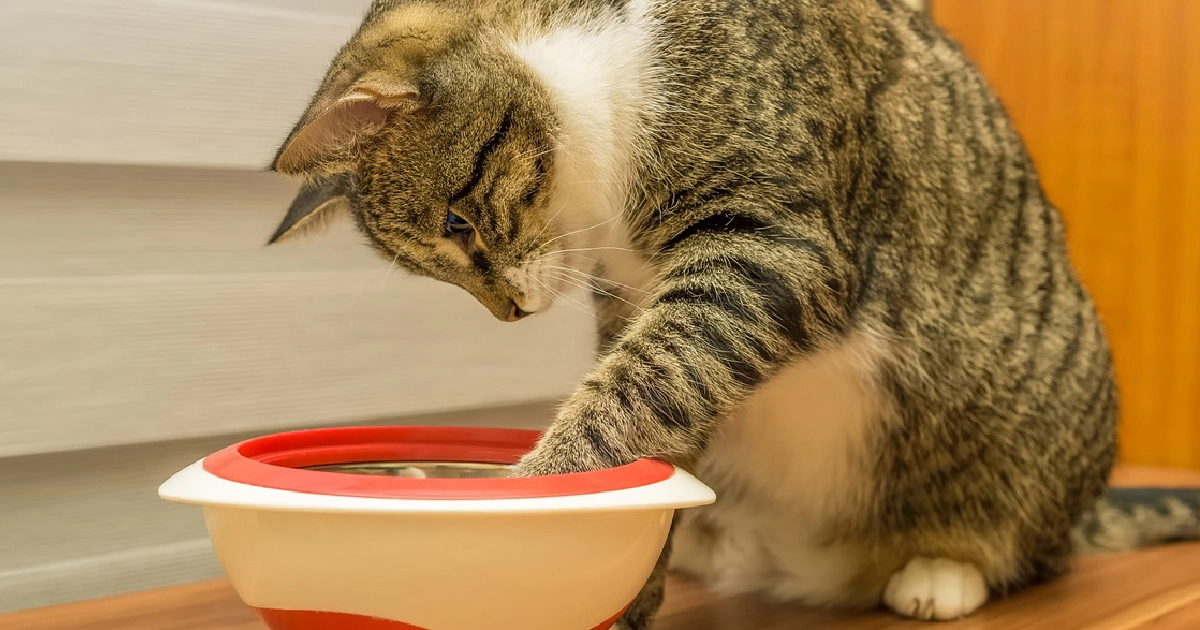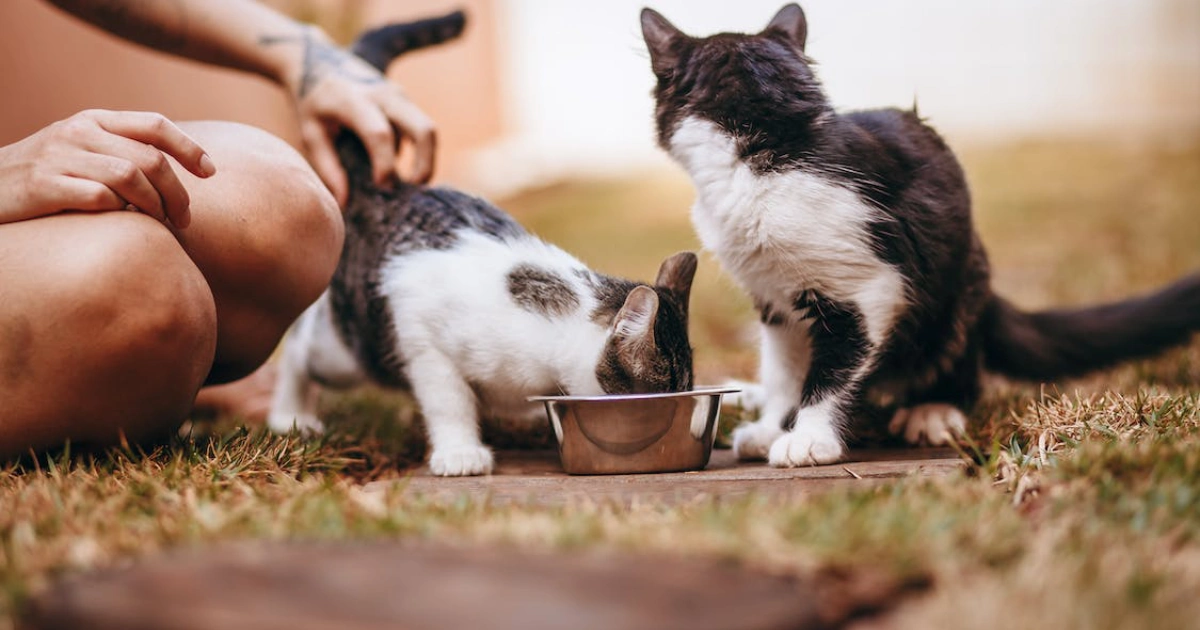Have you ever looked at your cat and wondered why it was acting strangely or displaying different symptoms? Perhaps, amongst these unusual behaviours, has your cat been vomiting undigested food? If so, this can be worrying to observe but don’t worry — multiple possible causes explain why your pet is throwing up undigested food. In this blog post, we’ll explore the various reasons why cats vomit up what they’ve eaten and discuss potential courses of action depending on the cause of their problem. Read along to learn more about what may be happening with your furry companion!
Common Causes Of Vomiting In Cats
It’s not uncommon for a cat to vomit occasionally, but frequent vomiting could indicate an underlying issue. Common causes of cat vomiting include hairballs, dietary changes, and food intolerances. Hairballs are common in cats, especially those with long hair. Inevitably, cats ingest some hair as they groom themselves; this hair can build up in the stomach and result in vomiting. Vomiting may also result from a recent change in the food your cat is eating. Sudden changes to their diet or feeding them spoiled food can lead to digestive issues. Additionally, some cats are intolerant to certain ingredients in their food. It’s crucial to take your cat to the doctor for a checkup if they frequently vomit or display any other symptoms, like lethargy or loss of appetite.
My Cat Is Throwing Up White Foam And Has Diarrhoea
If your furry friend is experiencing digestive issues, it can be a cause for concern. Any changes in your cat’s behaviour should be noted by you as a pet owner, mainly if they include their eating. If your cat is throwing up white foam and has diarrhoea, it may be time to switch to cat food for an upset stomach. Look for cat food specially formulated for digestive ease or sensitive stomachs. This type of cat food is made with gentle and easily digestible ingredients to help your cat feel better. Consult your veterinarian to determine the best cat food for your feline friend. Your cat will quickly return to being happy and healthy with the proper nutrition and care.
Cat Eats Too Fast And Throws Up
Cat owners often discover that their feline friends eat too fast and end up vomiting shortly after a meal. Although not particularly dangerous, this behaviour can be pretty unpleasant to deal with. Cat owners need to understand why cats eat too fast and what measures they can take to prevent it from happening. Cats might eat too fast because they are accustomed to competing with other cats for food. This behaviour might be harder to address, but feeding cats in separate rooms could help. Another reason why cats might eat too fast is because they are simply starving. To prevent this, cat owners can try feeding their cats smaller portions multiple times daily or using specialized anti-gobble bowls to slow eating.
Diagnosing The Cause Of Your Cat’s Vomiting
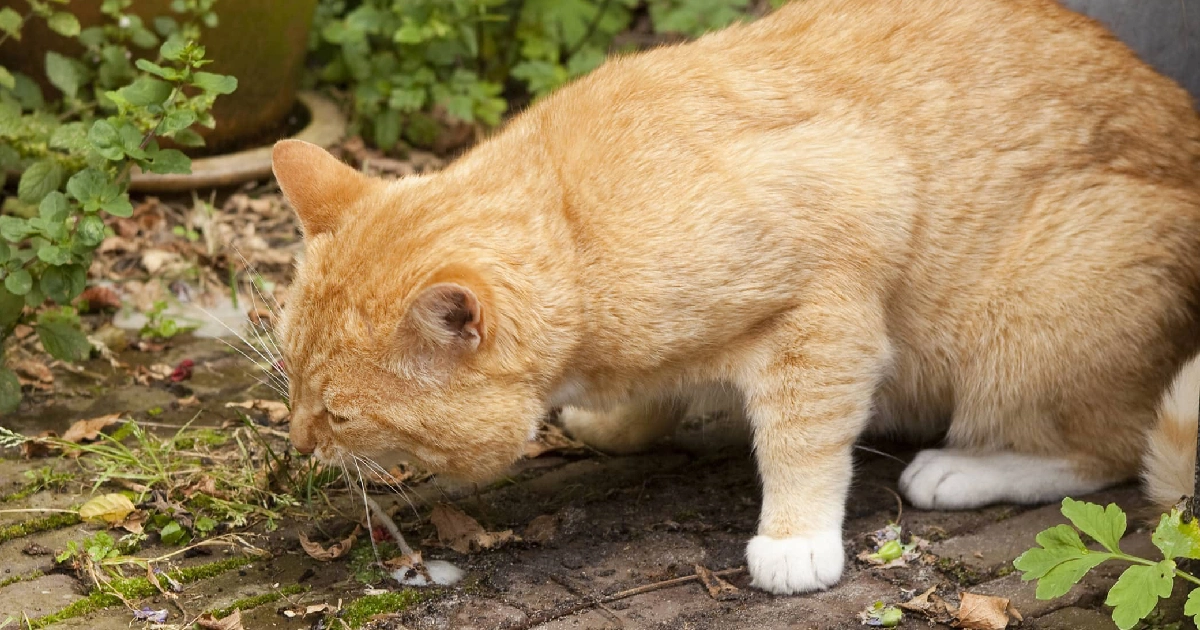
- Obtain a detailed medical history, including any recent dietary changes, exposure to toxins, or previous health issues.
- Examine the cat thoroughly to determine its general health, look for any abnormalities, and feel the abdomen for any indications of discomfort.
- Consider additional diagnostic tests such as blood work, faecal analysis, X-rays, or ultrasound to evaluate the cat’s internal organs further and identify potential underlying causes.
- Rule out common causes of vomiting, such as dietary indiscretion, hairballs, or food allergies.
- Explore potential underlying conditions like gastrointestinal disorders, kidney disease, pancreatitis, or inflammatory bowel disease through diagnostic investigations.
- Collaborate with a veterinarian to interpret the diagnostic findings, reach a proper diagnosis, and develop a tailored treatment plan for the cat’s specific needs.
- Monitor the cat’s response to treatment and make any necessary adjustments to ensure their well-being and minimize further episodes of vomiting.
- Seek prompt veterinary attention if vomiting persists, worsens, or is accompanied by other concerning symptoms to address any potential complications or severe health issues.
Is a Little Blood In Vomit Normal?
Seeing your cat vomit can be unsettling as a pet owner, especially if blood is involved. Sometimes, some blood in vomit may be standard, such as if the cat has recently eaten something that irritated the stomach. However, it is important to contact your veterinarian immediately if your cat is throwing up persistent amounts of blood or if the vomit appears to be a consistent pink or red colour. Additionally, if your cat is only vomiting clear liquid, this may be a sign of other health issues and warrants a vet visit. It’s always better to err on the side of caution and take any unusual symptoms seriously when it comes to your furry friend’s health.
Why is my cat throwing up and peeing on the floor?
Cats are spotless animals, so it can definitely be a cause for concern when your furry friend starts throwing up and peeing on the floor. Various factors, such as medical issues, stress, or anxiety, could cause this behaviour. Taking your cat to a veterinarian to rule out any underlying illnesses causing their behaviour is important. In addition, cats may also start vomiting or pooping outside their litter box if they are stressed or anxious. A change in routine or environment can trigger this behaviour, so try to keep your cat’s living space as consistent as possible. It’s always best to seek professional advice to ensure your cat is happy and healthy.
Cat Throws Up After Pooping
It can be concerning when your fluffy feline friend throws up in the litter box after taking care of business. But rest assured, it’s common for cats to vomit after defecating. This happens because passing stool stimulates the muscles in the digestive tract, causing them to contract. Sometimes this contraction can be strong enough to push stomach contents back up and out of the mouth. While it may not be a pleasant sight, it’s usually nothing to worry about if your cat is otherwise healthy and continues to eat and drink normally. However, if the vomiting happens frequently or is accompanied by other symptoms such as diarrhoea or lethargy, it’s best to consult a veterinarian to rule out any underlying health issues.
Treatment For Cat Vomiting
Treatment for cat vomiting depends on the underlying cause identified through proper diagnosis. Once the cause has been determined, the veterinarian will recommend an appropriate treatment plan. In cases where the vomiting is due to a minor issue like dietary indiscretion or hairballs, conservative management such as dietary changes or hairball remedies may advise.
If an underlying medical condition finds, treatment may involve medications, such as antiemetics to control vomiting, antibiotics to address infections, or specific therapies to manage conditions like pancreatitis or inflammatory bowel disease. In some circumstances, supportive care includes hydration therapy, dietary changes, feeding techniques, or feeding strategies that may implement to aid in recovery and prevent further vomiting episodes. Regular monitoring and follow-up appointments with the veterinarian are crucial to assess the cat’s response to treatment and make any necessary adjustments. It is essential to follow the veterinarian’s instructions and recommendations closely to ensure the best possible outcome and improve the cat’s overall well-being.
Signs You Should Take Your Cat To The Vet
As cat owners, we want the best for our furry companions. However, sometimes it can be hard to tell if our cats feel under the weather. Knowing the signs that indicate it’s time for a trip to the vet can make all the difference in ensuring your cat’s health and well-being. If your cat has suddenly lost their appetite, is vomiting or having diarrhoea, has difficulty breathing or urinating, or is sluggish, it’s time to pack them up and head to the vet’s office. While it can be scary to see your cat feeling unwell, taking them to the vet and getting them the proper care is the best way to ensure they are on the road to recovery.
Strategies To Prevent Future Vomiting Episodes
Vomiting can be an uncomfortable and unpleasant experience. Luckily, there are strategies you can use to prevent future episodes. First, eat smaller, more frequent meals throughout the day instead of large, heavy meals. This can help ease the strain on your digestive system and prevent nausea. To stay hydrated, consume a lot of water and other liquids. Dehydration can worsen vomiting and make it more difficult to recover. If you’re experiencing nausea, try sipping on ginger tea or nibbling on plain crackers. Ginger has been shown to have anti-inflammatory properties that can help calm your stomach and reduce nausea. Finally, if you’re prone to motion sickness, consider using a wristband or medication before travelling. These strategies can help you avoid vomiting episodes to stay healthy and comfortable.
Tips for Helping Your Cat Feel More Comfortable During a Vomiting Episode
No pet owner enjoys seeing their furry companion in discomfort, especially during a vomiting episode. Fortunately, there are several things you can do to help your cat feel more comfortable during these difficult moments. One helpful suggestion is to frequently give your cat small quantities of water to avoid dehydration. You can also place a bowl of fresh water nearby to encourage them to drink. Additionally, try to create a quiet and calm environment for your cat to relax in. This can mean closing doors, turning off noisy appliances, or sitting in a quiet room with your cat. Lastly, consider feeding your cat a bland diet for a few days to help soothe their stomach. With these simple steps, you can help your cat during this challenging time and ensure their speedy recovery.
List Of Anti-Nausea Medicines For Cats
Cats, like humans, can experience nausea and vomiting. This is often a result of various factors, including motion sickness, stress, or a change in diet. Fortunately, several antiemetic medications can help alleviate your feline friend’s nausea. While these medicines are typically available only by prescription from your veterinarian, a few over-the-counter options may offer some relief for your cat’s upset stomach. Before giving your pet any medication, always consult your veterinarian.
My Cat Is Always Hungry And Gaining Weight
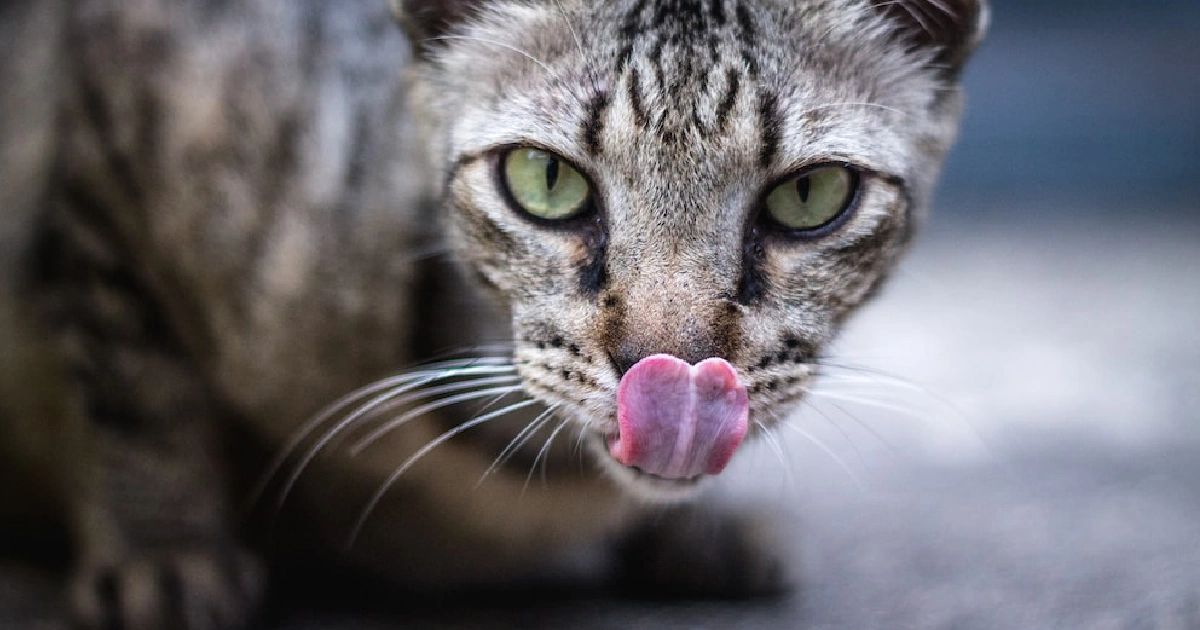
Cats are known for their love of food, but when a cat eats all the time and is always hungry, it can be concerning for pet owners. This is especially true when the cat is also gaining weight. It’s important to understand that overfeeding is not the only reason for a cat’s insatiable appetite. Medical issues like hyperthyroidism or diabetes can also cause increased hunger. It recommends taking your cat for a checkup with the veterinarian. They can assess your cat’s overall health and determine if an underlying medical condition needs treatment. In the meantime, monitor your cat’s food intake and provide multiple small meals throughout the day rather than one big meal. Engaging your cat in more physical activity can help them maintain a healthy weight.
My Cat Has Loose Stools. What Can I Give Her
If your cat has loose stools, it can signify gastrointestinal distress. Numerous things, such as dietary modifications, stress, or parasites, might result in diarrhoea. While it’s important to monitor your cat’s behaviour and bring her to the vet if her symptoms become severe, you can try a few things at home. Make sure she is drinking plenty of water to prevent dehydration. Additionally, you can supplement her diet with modest servings of cooked, bland items like white rice or boiled chicken. However, avoiding giving her any over-the-counter medications without consulting your vet first is important. If your cat throws up after pooping, it could be a sign of a more serious issue, so it’s especially important to seek veterinary care. Patience and care can help your cat feel better in no time.
Conclusion
In summary, different causes of vomiting in cats can range from eating too quickly to more serious underlying problems. An important step in figuring out the cause is observing and noting any changes in symptoms or behaviour. If your cat does seem to have a recurrent or severe issue, it’s important to take them to your veterinarian for a proper diagnosis and treatment plan. While there are some remedies you can pursue at home, it’s always best to err on the side of caution and seek professional attention when it comes to your pet’s health.
Additionally, being aware of potential warning signs and taking precautions will lessen the probability of recurrent occurrences. Simple steps such as providing fresh water in different locations around the house, avoiding overfeeding, and keeping food scraps away from cats are all measures that can play a vital role in preventing your furry friend from feeling unwell. Knowing what could be triggering the vomiting is essential to protecting your cat’s well-being.
FAQ
Q: Why Is My Cat Throwing Up Undigested Food After Eating?
Cats may throw up undigested food after eating due to eating too quickly, overeating, hairballs, dietary intolerances, or medical conditions, and it’s best to consult a veterinarian for a proper diagnosis.
Q: What Could Be The Reasons Behind My Cat Vomiting Undigested Food?
Possible reasons for cats vomiting undigested food include eating too fast, dietary sensitivities, gastrointestinal issues, hairballs, or more serious underlying health conditions that require veterinary attention.
Q: Is Vomiting Undigested Food Common In Cats?
Occasional vomiting of undigested food can happen in cats. Still, if it becomes frequent, accompanied by other symptoms or weight loss, it may indicate an underlying issue that needs veterinary evaluation.
Q: How Can I Prevent My Cat From Puking Up Unfinished Food?
Strategies to prevent cat vomiting from undigested food include:
- I am feeding smaller meals more frequently.
- I am using slow feeders.
- She was addressing dietary sensitivities.
- We are seeking veterinary guidance for tailored advice.




